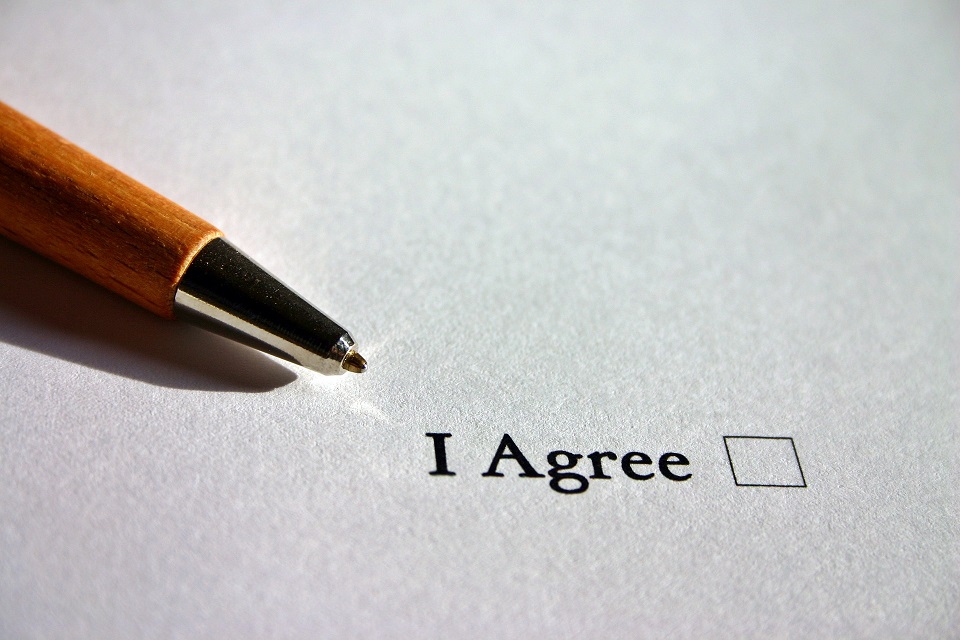Most job applicants are aware of the basic etiquettes of attending an interview such as giving a firm handshake in an interview, dressing smartly and maintaining eye contact. However, when applying for a job, how careful are you at checking all the information you are giving? Most job seekers aren’t careful enough as 2 out of 3 job applications have errors in 2016.
2 out of 3 Job Applications have errors in 2016
When taking on new employees, companies that are hiring often use the services of other companies to screen applications for inaccuracies. One such screening company, HireRight has carried out research into the level of discrepancies in job applications. They found that in the first half of 2016, 63% of job applications had inaccuracies. This was based on analysis of more than 500,000 checks of 70,000 applications.
“More and more businesses are carrying out thorough due diligence so, for jobseekers, accuracy and honesty is absolutely key in order to ensure your chances of being hired,” Steve Girdler, managing director of HireRight.
What information has the most inaccuracies?
2 out of 3 job applications have errors but what information has the most discrepancies? Information about education used to have the largest amount of discrepancies, but this year that was overtaken by employment information. In the first half of 2016, 33% of job applications that were screened had incorrect information relating to their employment history. Mistakes included incorrect job title or inaccurate employment dates.
Background checks into education information found 32% of job applications had errors. Inaccuracies included information about qualifications, grades, education institutions and dates.
Will errors cost me my job offer?
Yes, there are many accounts of job offers being revoked due to inaccuracies in job applications. The errors may be simple mistakes or they may be exaggerations. Your job offer may be conditional on you passing the background checks.
What information do you need to double check on Job Applications?
- Education
- Employment
- Directorship claims
- Professional qualifications
- Membership to professional bodies
Directorship claims has a 12% error rate and professional qualifications and memberships has an even higher error rate of 20%.
Other information that you do not have direct control of that may be checked includes your credit history, driving history and your I.D. documentation.
Financial Services Job Applications
Screening has been tightened in the financial services industry due to the introduction of FCA regulations. HireRight found this industry had higher than average job application discrepancies. In the first half of this year, 68% of applications had errors.
Steve Girdler, Managing Director EMEA commented, “We’re in a time of economic uncertainty and the temptation could be to rush applications or exaggerate claims to beat the competition. More and more businesses are carrying out thorough due diligence so, for jobseekers, accuracy and honesty is absolutely key in order to ensure your chances of being hired.”
What happens if I fail a background check?
The employer needs to provide you with a written explanation of their decision. You also have a legal right to request a copy of the background check. You then have the chance to fix any inaccuracies, clear your name and have a better chance of landing a role in future.
You can find more useful articles on job hunting on our blog.
Contact 2i Recruit



